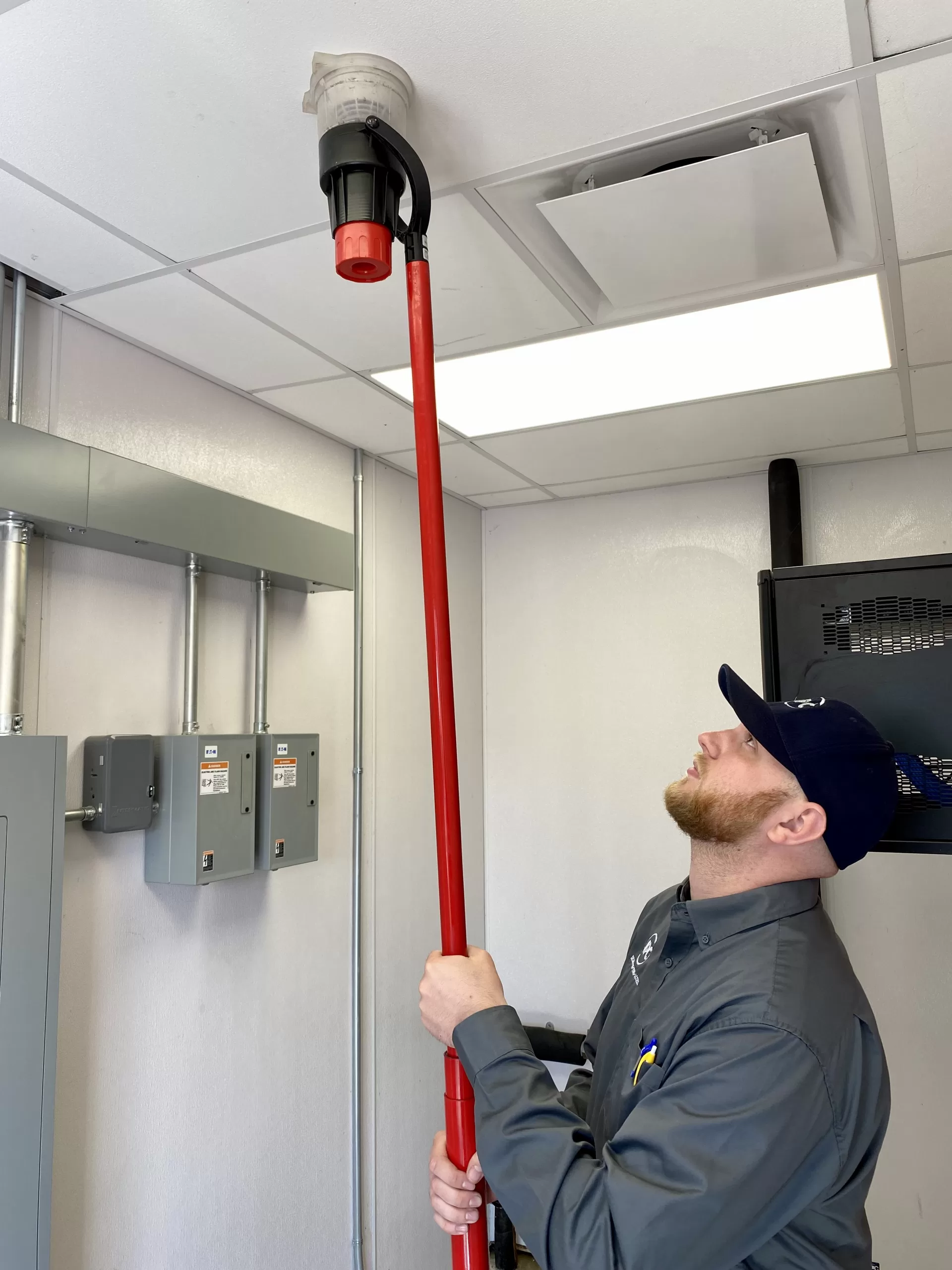As data volumes continue to expand exponentially, organisations face the challenge of storing, processing, and analysing massive datasets efficiently. While newer technologies like cloud-native data warehouses and distributed computing frameworks have gained traction, Hadoop remains a foundational technology in modern data engineering.
Hadoop’s ability to handle structured, semi-structured, and unstructured data at scale makes it an enduring asset in the big data ecosystem. For those aiming to upskill, enrolling in a data scientist course in Hyderabad provides practical exposure to Hadoop’s applications within diverse industry settings. This article delves into Hadoop’s role in data engineering, its key components, practical applications, and its relevance for today’s data professionals.
What is Hadoop?
Hadoop is an open-source framework specifically designed for distributed storage along with processing of large datasets across clusters of computers. Developed by the renowned Apache Software Foundation, Hadoop provides a scalable, fault-tolerant architecture that can handle petabytes of data efficiently.
Its core modules include:
- HDFS (Hadoop Distributed File System): Enables distributed storage of large datasets across multiple nodes.
- MapReduce: A programming model for parallel data processing.
- YARN (Yet Another Resource Negotiator): Manages resource allocation and job scheduling.
- Hadoop Common: Provides essential libraries and utilities.
These components work together to offer a robust environment for big data processing.
Hadoop in Modern Data Architectures
While newer technologies like Apache Spark and cloud platforms offer alternatives, Hadoop continues to play a vital role in hybrid data architectures:
- Data Lake Storage: Hadoop serves as the backbone for on-premise or hybrid data lakes.
- Batch Processing: Ideal for large-scale ETL (Extract, Transform, Load) operations.
- Archival Solutions: Cost-effective storage for cold data.
- Integration Layer: Bridges legacy systems with modern analytics platforms.
Hadoop’s compatibility with various data sources and processing engines ensures its continued relevance in enterprise ecosystems.
Real-World Use Cases
- Financial Services: Hadoop processes massive transaction logs for fraud detection and risk analytics.
- Healthcare: Facilitates genomic data analysis and patient record management.
- Retail: Powers recommendation engines and customer behaviour analytics.
- Manufacturing: Supports predictive maintenance and supply chain optimisation.
- Telecommunications: Analyzes call data records for network optimisation.
These applications highlight Hadoop’s versatility across industries.
Expanding Hadoop’s Relevance in Modern Use Cases
Beyond its traditional role in batch processing, Hadoop is increasingly being integrated into advanced analytics workflows. Companies are leveraging Hadoop’s storage capabilities for training machine learning models, running complex simulations, and serving as a staging ground for real-time analytics pipelines. The synergy between Hadoop and emerging technologies like AI, IoT, and blockchain further expands its applicability. For instance, sensor data from industrial IoT devices is often first stored in HDFS before being processed by Spark MLlib for predictive maintenance models.
Strengths and Limitations
Strengths:
- Scalability across commodity hardware
- Fault tolerance and data replication
- Flexibility to handle diverse data types
- Strong community support and ecosystem
Limitations:
- High latency for real-time analytics
- Complex setup and maintenance
- Steeper learning curve compared to cloud-native solutions
- Resource-intensive for smaller datasets
Understanding these trade-offs helps organisations deploy Hadoop effectively where it adds the most value.
Hadoop in the Cloud Era
Cloud platforms have redefined data storage and processing paradigms, but Hadoop has adapted with cloud-based distributions:
- Amazon EMR (Elastic MapReduce): Managed Hadoop clusters on AWS.
- Google Cloud Dataproc: Simplifies Hadoop deployment on Google Cloud.
- Azure HDInsight: Microsoft’s Hadoop-based cloud service.
These services reduce operational overhead while preserving Hadoop’s core advantages, making it easier for organisations to leverage Hadoop in flexible, scalable environments.
The Data Engineer’s Perspective
For data engineers, Hadoop remains an essential tool for mastering large-scale data processing. Core competencies include:
- Writing efficient MapReduce jobs.
- Managing HDFS clusters.
- Integrating Hadoop with tools like Hive, Pig, and Sqoop.
- Orchestrating workflows with Oozie.
- Ensuring data security and compliance.
Proficiency in these areas empowers data engineers to design resilient and scalable data pipelines.
Learning Hadoop: Industry Relevance
While some may perceive Hadoop as being eclipsed by newer technologies, it remains integral to many legacy systems and hybrid architectures. Moreover, Hadoop’s foundational concepts underpin newer distributed computing frameworks, making it a valuable learning stepping stone.
A structured programme in Hyderabad often includes Hadoop modules alongside modern tools like Spark and Kafka. Hyderabad, with its burgeoning IT and analytics sectors, offers students ample opportunities to apply Hadoop in real-world projects.
This combination of theoretical grounding and practical exposure ensures that learners remain industry-ready.
Case Study: Hadoop in Smart City Projects
A leading smart city initiative in India utilised Hadoop to manage and analyse vast streams of data from traffic sensors, public transport systems, and utility networks. Hadoop’s distributed architecture allowed city planners to consolidate data from diverse sources, while tools like Hive enabled querying for real-time decision-making. This approach led to significant improvements in traffic flow, minimized energy consumption, and enhanced public safety.
This example underscores Hadoop’s capacity to handle urban-scale data challenges, showcasing its relevance beyond corporate environments.
The Evolving Ecosystem
Hadoop’s ecosystem continues to evolve, integrating with complementary technologies:
- Hive and Impala: SQL-on-Hadoop engines for interactive querying.
- HBase: A NoSQL database for real-time read/write access.
- Flume and Kafka: Tools for ingesting streaming data.
- Spark: Often used alongside Hadoop for in-memory processing.
This evolving stack allows organisations to build comprehensive data platforms tailored to their specific needs.
Future Outlook
Hadoop’s future lies in its ability to coexist with cloud-native and real-time analytics solutions. Hybrid architectures leveraging Hadoop for storage and Spark for computation are becoming common. Additionally, Hadoop’s role in data governance, lineage, and archival remains critical.
Innovations in containerisation (e.g., Kubernetes integration) and the shift towards DataOps practices also point to Hadoop’s continued adaptation.
Conclusion
Hadoop remains a cornerstone of modern data engineering, particularly in scenarios demanding scalable, reliable batch processing and storage solutions. For aspiring professionals, enrolling in a data science course ensures they gain the necessary skills to leverage Hadoop effectively within broader data engineering and analytics workflows. Its integration with cloud services and complementary tools ensures that it retains a vital role in enterprise data strategies.
For data professionals, mastering Hadoop provides a strong foundation for understanding distributed systems, a skillset that is transferable to many emerging technologies. Whether through a broad-based data science programme or specialised training, gaining hands-on experience with Hadoop equips learners to navigate the complexities of large-scale data engineering projects.
As data ecosystems grow more intricate, Hadoop’s principles and applications continue to offer valuable insights for building robust and efficient data infrastructures.
ExcelR – Data Science, Data Analytics and Business Analyst Course Training in Hyderabad
Address: Cyber Towers, PHASE-2, 5th Floor, Quadrant-2, HITEC City, Hyderabad, Telangana 500081
Phone: 096321 56744




